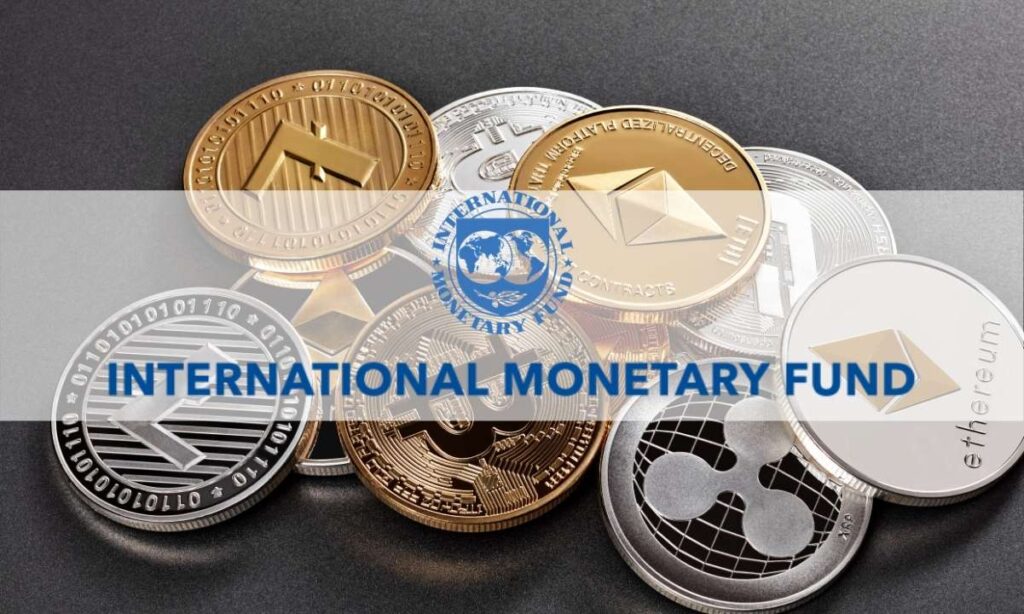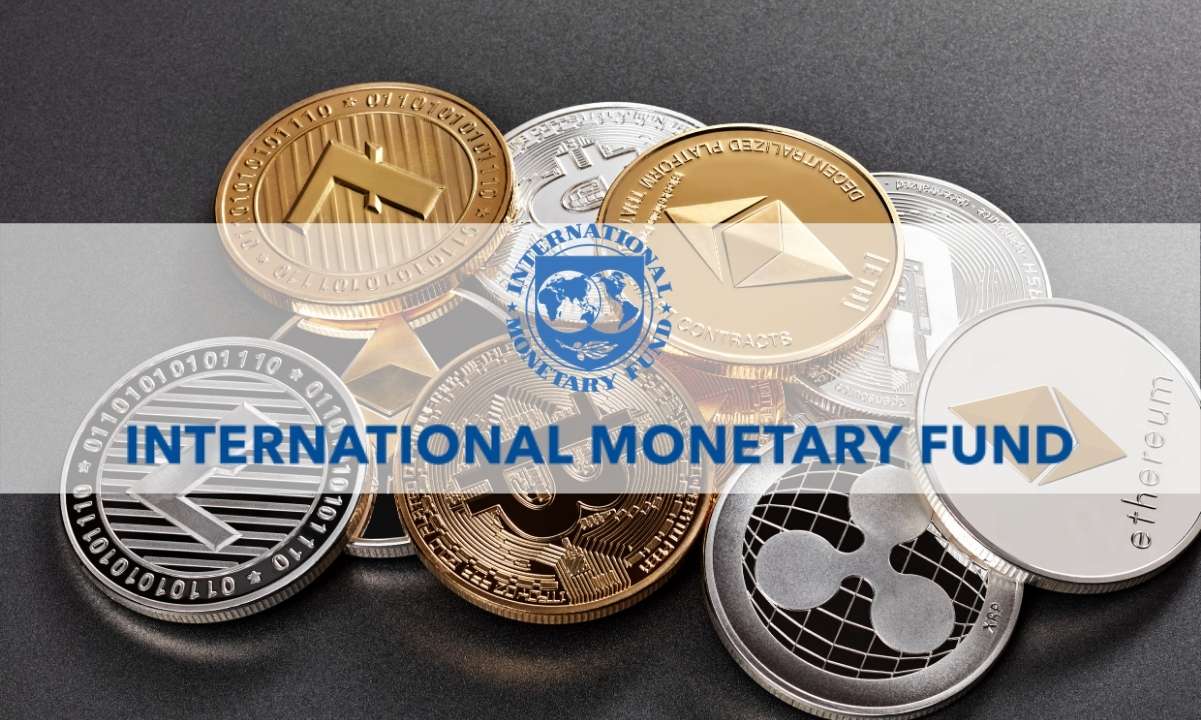In a publication dated June 7, 2022, the International Monetary Fund spoke out on cryptocurrencies. In it, he establishes the main technological components that determine the energy profile of digital currencies. It relies on academic and industrial estimates to compare digital currencies with each other. According to the IMF, if cryptocurrencies such as bitcoin are considered polluting, other initiatives could be more environmentally friendly than existing payment systems.

The impact of the payment system on the environment
The IMF makes the following observation: Payment systems are evolving rapidly, and methods are becoming more diverse as technology integrates into our society. New forms of digital currencies offer opportunities while fueling debates on environmental impact. Indeed, each transaction entails a significant energy and environmental cost. Nevertheless, the payment system has always been in constant evolution. The document posted online by the IMF aims to examine the impacts of different forms of crypto assets on energy consumption. Also, the document is intended to be useful for the design of digital currencies of central banks (CBDCs) respectful of the environment.
Environment: the polluting elements
The energy consumption of cryptocurrencies can vary greatly depending on two design elements. The first element is the consensus mechanism used to reach agreement on the current state of the network. The resulting energy requirements can be very high, as in the case of Proof-of-work (PoW) algorithms. Such a mechanism is used when it comes to Bitcoin. Others have a lower impact, such as those using the Proof-of-stake (Pos) mechanism.
The second element is the level of control that can be exercised over the underlying architecture. For example, the control of the number of nodes but also the ability to assign roles to participants, the location of the nodes and the ease of updating the code. Compared to permissionless systems that allow anyone to join them as a validator, permissioned networks allow stricter control over the parameters that influence energy consumption.
POS in the face of current payment systems
Academic studies indicate that non-PoW networks are significantly more energy efficient than current credit card processing centers, in part because the latter involve significant energy costs. In addition, these cryptocurrencies can further improve the traditional payment system in terms of energy consumption. Indeed, the latter use purely digital solutions. On the contrary, the current system uses physical means of payment such as cash or cards and terminals.
Thus, CBDCs could be designed to use less energy-intensive infrastructures than the current payment system. CBDCs that rely on non-PoW authorized networks could exploit both the efficiency gains of these networks and the use of digital means of payment. Depending on the number and location of nodes, CBDCs could further optimize energy use.
CBDCs face the environmental challenge

Distributed Ledger technology (DLT) is a digital system for recording asset transactions in which transactions and their details are recorded in several places at the same time. Non-DLT CBDCs could be more efficient than the current payment system if central banks choose the platform, hardware and other elements of the CBDC ecosystem taking into account energy efficiency as a criterion.
This potential for positive environmental impact will also depend on additional factors.
For example, regulatory and compliance costs can be an important source of energy expenses. It will also depend on the expediency and how additional characteristics are considered necessary. These could be increased resilience measures or offline payment capabilities. The methodologies and data for the complete evaluation of the payment chain are currently in progress.
Source : IMF Website
Receive a digest of the news in the world of cryptocurrencies by subscribing to our new daily and weekly newsletter service so you don’t miss anything essential Cointribune!
To the angelism of the intercessors of the current monetary system, I oppose DeFi, digital assets and the metaverse. A lawyer in Luxembourg, I am interested in cryptocurrency investment funds.

